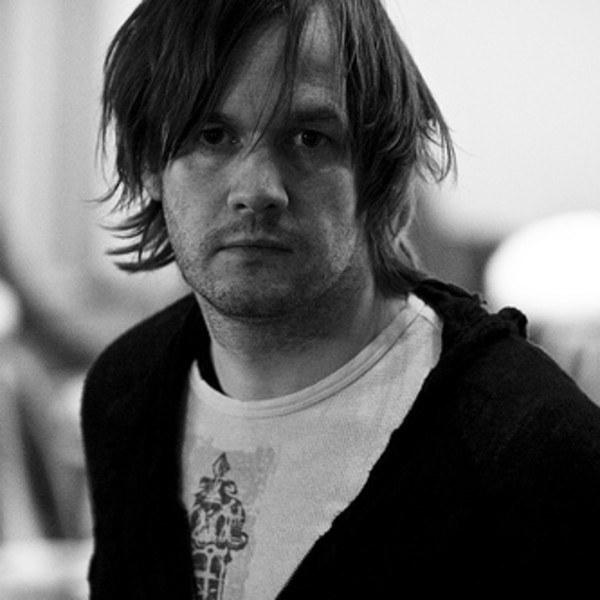In this series:
Peter Rollins and the Death of Religion

I'm currently reading Peter Rollins' brilliant and incisive book "Insurrection". One of the primary ideas is that on the cross, Jesus lost everything including God himself, and that this experience of the loss of God is the central dynamic at the heart of Christianity.
That is, any religious person can believe in God. But a Christian who has gone through the crucifixion experience, who has lost all faith and all trust in God, has really and truly experienced what Jesus experienced, the consuming truth behind Christianity.
Rollins is careful to point out that many people attest to struggles with faith, and aknowledge a place for doubt in the religious life. But most of these people have not experienced that doubt and that loss, because their religious institutions provide them with safe places to express themselves, to deconstruct and reconstruct their faith.
Most people, I dare say, would suppose that is a good thing. But it is not the Christian thing. It is not what Jesus experienced on the cross.
Jesus, in contrast to the modern Christian struggling with doubts, had no recourse. He was naked and exposed to the world, rejected by his friends, his family, his country, his religion, and his God. There was nothing to protect him from pure existential horror.
For Rollins, religious institutions are safety blankets, which allow us to have all the doubts we want, to even become atheists if we so desire, and yet experience nothing of the horror of those doubts. And to him, this prevents us from coming face to face with the real Christian experience.
Up to this point, I haven't questioned Rollins' analysis. We can discuss whether there are any issues with it later. But this is a good point at which to link up with another discussion I've been having, as to whether Christianity should be understood as the anti-religion.
I think Rollins would go with this designation. He contrasts the religious mindset as offering security, while the truly Christian mindset rips it away. I've used the term in a slightly different way: I think religion offers authority structures and ritual, while Christianity originally rejected both of those things.
In contrast to the religious world around it, Christianity rejected temples of all kinds. It rejected religious teachers and leadership. It rejected rituals and rules.
Rollins see religious institutions as posing a problem: they believe on behalf of the one doubting, so that the doubter need not feel the true horror of that doubt. To fix this, he suggests that these institutions become institutions of doubt, where the worship leaders and the praise songs express the doubt, forcing the worshippers to confront it face-to-face.
He himself started his religious career as part of Ikon, a group that apparently does just that.
I think if anti-churches like this work, then that is great. But I am doubtful that religious institutions in general will reverse and do so. Even if they did, even if every expression of corporate life was a confrontation with doubt, I suspect that the nature of the structure itself would still provide the security blanket Rollins is trying to get away from.
Which is where I think Christianity's rejection of organized religion comes into play.
The first Christians didn't get together to sing songs of doubt and loss. They didn't sing laments about their dark nights of the soul. What they did was to tear away everything that provided comfort to one raised in a religious environment. They abandoned everything but Christ, and (horrifically) him crucified.
They abandoned temples, synagogues, priests and religious intercessors. They abandoned teachers and benefactors and family. They abandoned rituals, ceremonies, and even the law itself. There was no worship service, no organized religion, no concrete system of ethics, to fall back on or provide identity.
We can see the true horror this posed to the ancient world. Baptism was a death in a deep, deep sense, because with it, one not only abandoned "their old life", but truly everything they knew about life itself.
In this I think that Christianity was the institutional expression of exactly what Peter Rollins is arguing for. Christ had lost everything including God himself, and similarly, the first Christians joined a religion which eliminated every system or structure or comfort that religion had ever provided.
Peter Rollins and Insurrection: